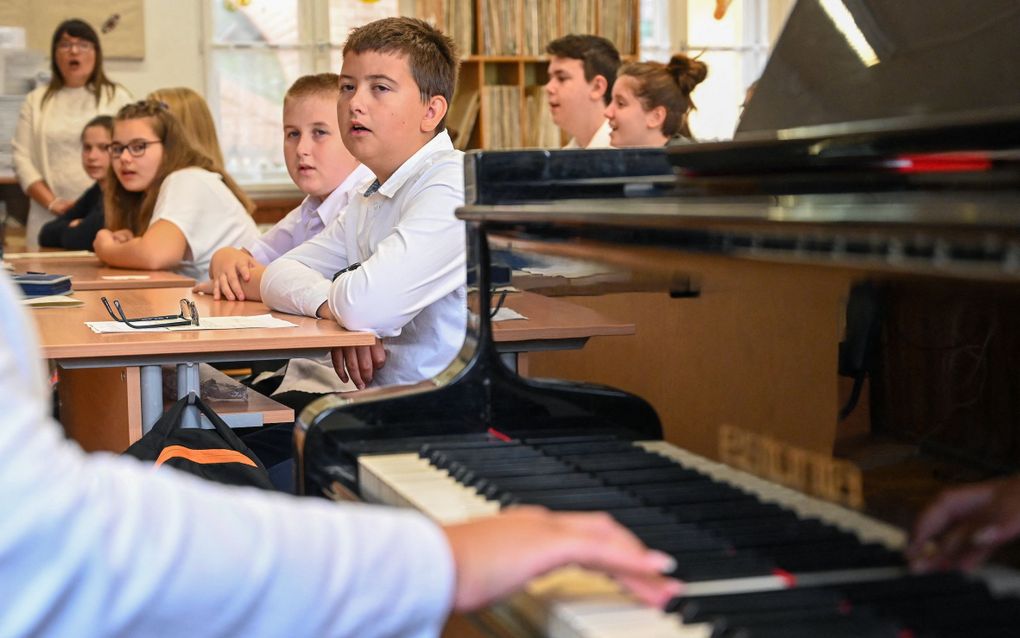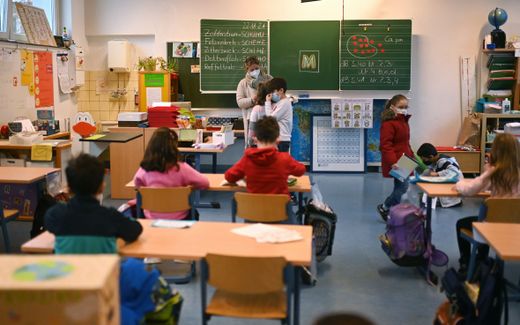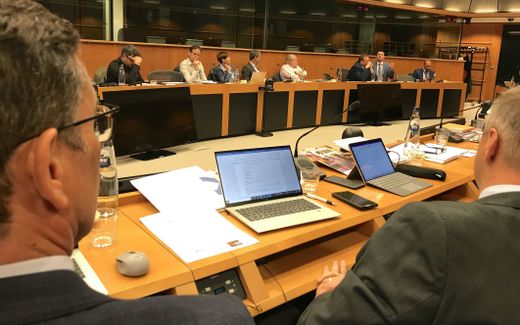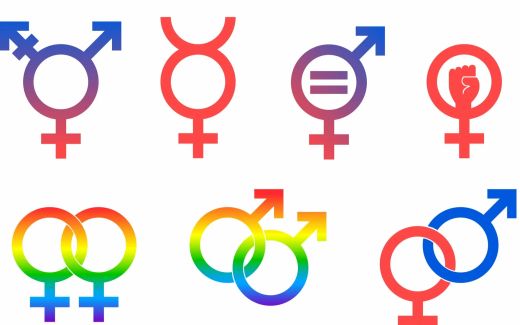Education is key point of Protestantism

Singing in a Christian school. Photo AFP, Attila Kisbenedek
Christian Life
The Reformation did not start in the church but at school. After all, Martin Luther was a lecturer at a university. Since then, Christian education has always been a critical point of Protestantism.
That says Dr Klaas van der Zwaag, chief editor of the Dutch magazine Protestants Nederland. He presents a thematic edition of his magazine about the School Struggle that ended in 1922, hundred years ago.

That struggle started in 1842, when the first ‘free school’ started in Nijmegen. Parents claimed that it was their task to decide how their children would be taught, not the state. The liberal governments in the 19th century argued that the state was responsible for preparing future citizens, especially if this was done with public money.
It took 80 years before special education was made equal to public education. The decision to do this was already taken in 1917, with the so-called Pacification. It took until 2022 when the new equality was enshrined in the new Constitution, and that provision is still there. In 1922, this milestone was accompanied by thanksgiving services in churches.
In the 100 years after 1922, the Christian school (both Protestant and Roman Catholic) flourished. In most towns and villages, there is still the choice of going to a public or a Christian school. About 70 per cent of all pupils in primary and secondary education visit a school with a religious or ethical foundation. However, it must be said that the level of spiritual inspiration at all schools is not as strong as in the past.
Groen van Prinsterer

He saw clearly what the “freedom of education” should be about: actual freedom of citizens and churches to shape education according to their own convictions. In the current liberal context, Groen’s legacy is highly relevant again, argues Gertjan Schutte, who is working on a scholarly biography of Groen van Prinsterer.
According to Van der Zwaag, education was not the spearhead only of the 16th-century Reformation. It has been a central part of Judaism and Christianity in general. Judaism does not speak so much of freedom of education but instead of a duty to educate, as Rabbi Lody van de Kamp argues in an article. And the Early Church, according to Prof. Paul van Geest, already had a profoundly spiritual process of formation in the Christian doctrine in the so-called mystagogy: the (process of) becoming initiated in the divine mysteries or the mystery of God.
Related Articles






